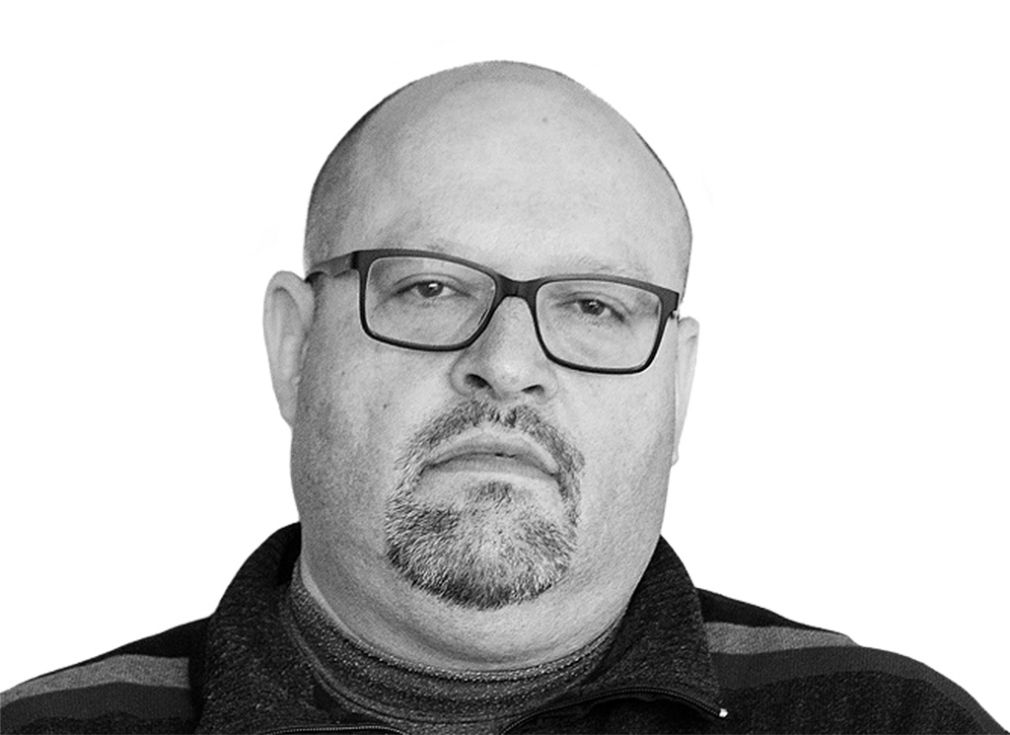By: Dr Matevž Tomšič
This year’s parliamentary elections brought not only a change in power, but also a radically different attitude of the majority media towards the ruling group. If the media expected every decision of Janša’s government “on the knife”, they look at her successor with undisguised affection. This can be understood from the very set of news and stories that are served to us daily. If a year ago, the dominated headlines were negative news and lamentations about how worried people were, even afraid of the future, which was usually associated with inadequate government decisions, then this year the kind of optimism we have not seen in a long time is dominating the media. Even the rising prices of food and energy products, which we all feel in our wallets, do not represent a more serious problem; nor is the uncertainty of energy supply during the winter months.
Above all, governments are not constantly being called to account, as they did in the past. So, what if it is late with the necessary measures (after all, it was summer, and the ministerial team also deserves a vacation). Let’s remember the panic that reigned last year before the start of the school year, saying that schoolchildren did not receive enough precise instructions from the relevant ministry on how to implement the pedagogical process (and that because of this, the children will not be able to go to school for a while). This year, however, everything is fine, although the instructions are at best less precise. We are ruled by “freedom”, are we not?
The relations between the new ruling group and the majority media society are completely harmonious. We saw the host of the central news programme on public television chatting casually and laughing wildly in the company of the Prime Minister. What a contrast to the severity and intransigence with which the former Prime Minister, his ministers, and other representatives of the then coalition were treated! In such circumstances, it is quite absurd that national TV journalists, who every now and then hold a rally in the premises of their institution or in front of it, present themselves as some kind of oppressed and intimidated fighters for the freedom of media reporting. Among them are also those who use pseudonyms on social networks to insult and slander everyone who is not on their political “wavelength”. These media creators enjoy the open favour of the rulers, from whom they constantly receive “expressions of support”. So, they are on the side of the power structures, but not some kind of dissidents.
Depraved individuals with political connections
It is no coincidence that the dominant media, together with the most vocal part of civil society, found themselves in considerable trouble when the so-called radiator affair, when stories about the despicable behaviour of certain people from Ljubljana’s cultural and artistic scene, which allegedly included drugging and sexual abuse of young girls, appeared in the public domain. It is felt that they are reporting this with great uneasiness.
It took quite some time for them to publish the relevant information at all (similar to years ago with the bullmastiff affair). Now, we mainly listen to moralising about how “we have failed as a society” because we are too tolerant of violence against women, etc. Excuse me? Was it “society” (that is, all of us) that put rape drugs in women’s drinks (among them minors), then tied them to radiators and tortured them? No, it was a group of morally depraved individuals. And not just any, but those with influence and good political connections. That is why they were able to carry out their perverted works unhindered for so long. We can be sure that quite a number of people knew about them, even those in important positions. And these were not random connections, but connections with a specific political option; with the one who is now in power. It is very difficult to report the sins that “ours” have on their account, is it not?
